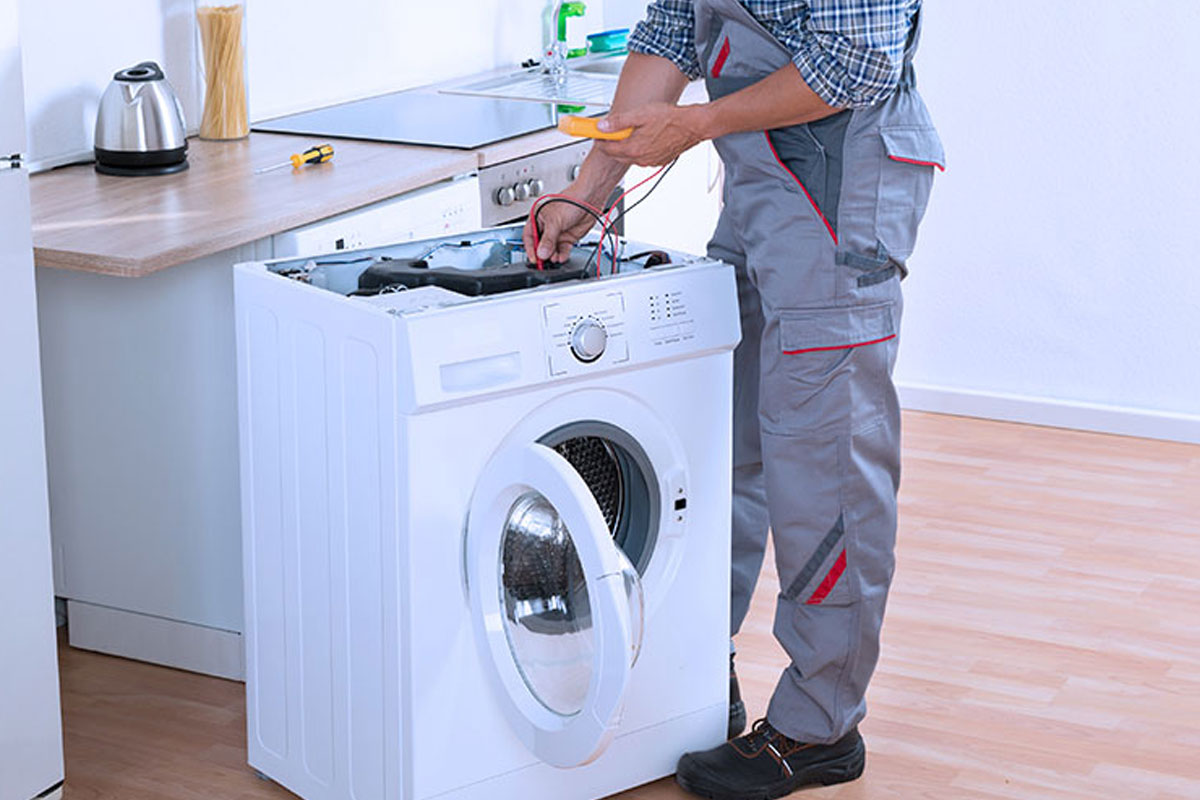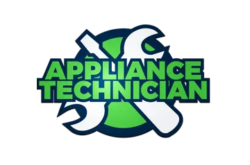Home appliances experience wear and tear over time, so taking steps to care for them properly and reduce repair costs is crucial. Cleanliness will also make your appliances more energy-efficient!
Before beginning repairs on any appliance, ensure it is located in an undisturbed workspace to reduce distractions and ensure contractor safety. And if at any point in time you feel doubt or realize you do not have the needed knowledge, contact a Dallas appliance repair center for help.
1. Check the Ignition Process
Prevention is key when it comes to prolonging appliance lifespan and saving money in the long run. Simple tasks such as replacing refrigerator door gaskets or repositioning your fridge can reduce costs significantly.
Appliances that utilize large volumes of water – like dishwashers and washing machines – often feature leaky or kinked hoses that must be repaired. You can save both time and money by regularly inspecting hoses for signs of wear.
Always switch off both electric and gas supplies before performing repairs on an appliance, to protect both yourself and those in your household from harm or destruction while making repairs. Furthermore, this prevents anyone from accidentally turning on or activating it and furthering damage to it.
2. Check the Moving Parts
Many appliances contain moving parts that can wear out over time, making the first step when performing appliance repair to be inspecting these components – usually, fans and motors.
Before undertaking any disassembly work on any appliance, always unplug it to prevent electrocuting yourself with wires and electrical components. Also make sure that when dealing with hardwired appliances hard-wired into your home’s electricity system, you turn off their circuit breaker before beginning disassembly work.
Take digital pictures when disconnecting wires so that you can ensure they are properly connected when reassembling them. A wire that has been improperly connected may short out and cause serious damage or even fire in an appliance, particularly ground wires.
3. Test the Wiring
Home appliances rely on AC voltage to operate, using that power to generate heat or light or turn a motor. Sometimes these appliances will need their voltage adjusted accordingly; this can easily be accomplished using a multimeter with an AC volts setting.
This type of multimeter features a display, two test probes attached to wires, and an outlet jack for plugging in appliances. When performing tests, make sure the breaker is off and voltage in outlets is acceptable; any fluctuation or flickering lights could indicate wiring issues within your electrical system; using a multimeter can help troubleshoot these problems to ensure safety for you and your family – another reason to invest in regular maintenance of all electrical appliances!
4. Make Sure the Appliance is Properly Plugged in
An appliance may seem to stop functioning suddenly for no apparent reason, yet these issues may be easily rectified if you know the proper troubleshooting techniques.
One of the primary causes of appliance failures is when they’re not plugged in properly – something many homeowners forget to do and which can result in extensive damage to both appliances and increase fire risks in your home.
To check, use a clamp meter to measure the current on an appliance. If there is no current flowing through its switch, then replacement may be required. Likewise, all wires and hoses should be examined for signs of damage or looseness – tighten or replace as appropriate, and anti-vibration pads can help to minimize the vibrational impact on devices.
5. Check the Power Settings
As it’s essential that appliances be plugged in and turned on before functioning, it is also wise to check that there are no strange noises coming from your appliance – fans and motors often produce loud clatters when their components don’t function correctly.
Home appliances are built to work hard and should never be taken for granted, yet that doesn’t mean that they’re impervious to damage and breakdowns. Engaging in regular preventative maintenance on your appliances is key in order to avoid expensive repair bills in the future; even small acts like repositioning your fridge and cleaning out its range hood can keep them functioning in good order for years. Such efforts save both time and money as they potentially extend their lifespans.
6. Check the Filters
Home appliances are essential parts of life, and it’s crucial that they’re cared for correctly to save both money and prevent property damage caused by them. With regular servicing comes greater savings as well as protection from unnecessary property damages caused by appliances.
Additionally to checking that all moving parts are operating as they should, it’s also a good idea to look out for signs of leaks or damage such as kinked hoses or leaky seals on refrigerator doors. You should also ensure your appliances don’t overwork themselves by not overloading them at one time.
If your dryer is consistently overheating, try repositioning it so it receives more airflow to optimize performance and save on energy bills. Furthermore, clean the vent regularly to prevent clogs or fires as doing this maintenance will extend its life and help your appliance last longer.
7. Check the Water Level
Home appliances’ lifespan depends heavily on their maintenance. Refrigerators in particular need proper seals to keep cool air inside while warm air escapes; this will keep food fresher for longer while lowering energy costs.
Appliances such as dishwashers and washing machines use hoses that may become compromised through leaks or kinks over time, so inspecting these hoses on an ongoing basis is key for avoiding potential future issues.
Whenever there’s water accumulating under your washer or an unpleasant burning smell is detected, it may be time to reach out for professional appliance repairs. A trusted service professional will offer experienced technicians for an affordable fee while providing insurance and certification coverage in case anything should happen during repair work on all brands simultaneously, making the entire experience hassle-free and safe.
8. Check the Temperature
When undertaking home appliance repair tips, it is imperative to take all appropriate safety measures. This includes using a multimeter to check voltage levels and signal any possible electrical component issues.
Fridge temperatures should not go beyond 40 degrees Fahrenheit while freezers must stay below 0 degrees Fahrenheit to prevent ice build-up and keep food fresh and cold.
Common indicators that a home appliance may need maintenance include loud or buzzing sounds, inability to turn on, and malfunctioning indicator lights. Knowing what to look out for when performing home appliance maintenance will save homeowners both money and hassle over time; following these simple steps will extend its lifespan while preventing costly repairs.







